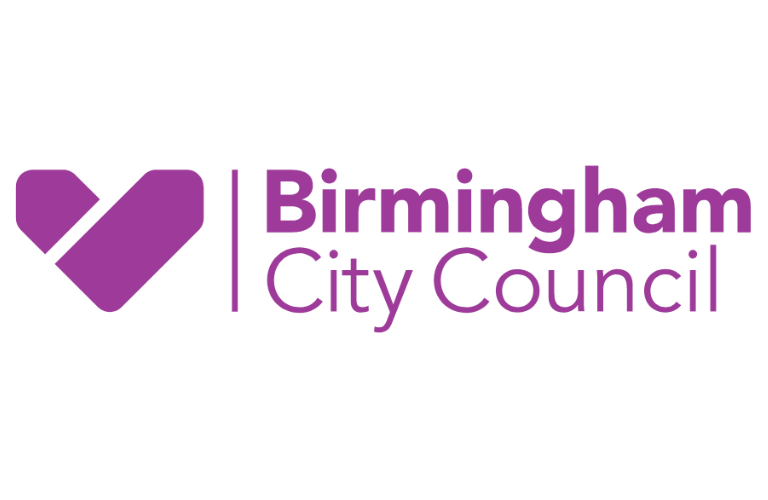Newsletter
Sign up to our quarterly newsletter and news bulletin.
Sign up to our quarterly newsletter and news bulletin.
In our work, we often hear the phrase “mental health support,” but what does that really mean? For many, it conjures images of counselling rooms and talking therapies. And while these are vital tools, they are not enough, especially for those whose mental health is shaped by the pressures of daily life. If we want to support people meaningfully, we must look beyond the therapy room.

Meeting Basic Needs First
Just like a jigsaw puzzle, mental wellbeing is made up of many interlocking pieces. Maslow’s Hierarchy of Needs reminds us that psychological wellbeing cannot be achieved without first meeting basic needs – like safety, shelter, food, and stability. It’s no surprise that someone experiencing depression due to poor housing, financial insecurity, or social isolation may not benefit from counselling alone. You can’t talk your way out of anxiety caused by eviction notices or panic triggered by food insecurity. These are not abstract issues – they are lived realities.
Our WDH Sandwell service is built on this understanding. It offers holistic, wraparound support that includes help with housing, debt, parenting, and access to community resources. It’s designed to meet people where they are, offering practical help alongside emotional support. Similarly, our Talking Therapies Plus service goes beyond traditional models. It offers a Single Point of Access, ensuring that people are not just referred to counselling, but also connected to services which can help with practical, real-world issues. It’s a service that recognises the complexity of mental health and responds with compassion and pragmatism.
Why Talking Therapy Alone Isn’t Enough
Mental health support is not a one-size-fits-all solution. It’s a puzzle that requires multiple pieces to fit together. Counselling may be one piece, but without practical support, the rest of the picture remains fragmented. We’ve seen firsthand that talking therapy alone isn’t going to help someone who is depressed because they’re living in damp, overcrowded housing or struggling to feed their children. In these cases, what’s needed is a joined-up approach. One that includes practical support, and community-led interventions. Only then can counselling become truly effective, because the person receiving it is no longer in survival mode.
A Holistic, Values-Led Approach
By working holistically, we can offer support that is both therapeutic and practical. We are working as a partnership to build services that bring together the standard mental health support model with community-based support. We believe that connecting the missing pieces by offering emotional support, practical help, and community connection helps create a complete picture of care. We can help people move from crisis to stability, and from stability to growth. This is not just good practice. It’s essential. Because mental health doesn’t exist in a vacuum, and neither should our support systems.






